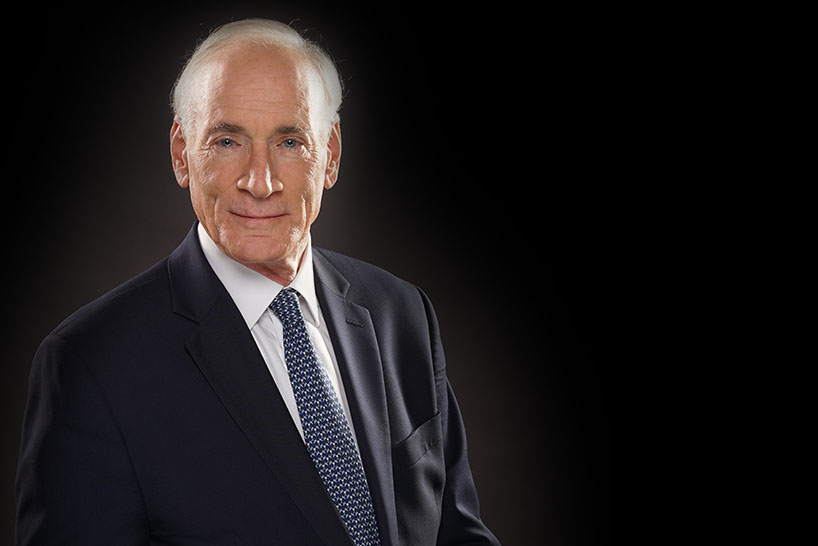Leasing a New Car
Leasing a car is an alternative to buying it. You pay the dealer monthly payments much like renting a house or apartment. You do not gain ownership of the car and you must return the car, or buy it from the dealer, at the end of the lease term. You have the right to use the car during the lease for a certain number of months and miles.
You will usually pay more for the lease in the end than if you had purchased the vehicle. You can end up paying extra if you go over the mileage limit or put too much wear and tear (damage) on the vehicle. Also, some leases make you to pay a lump sum up front, before starting the lease payments. There may also be an early termination fee, which can be significant.
The lease agreement defines your rights and obligations under the lease. These include prompt payment of all monthly payments and other fees and charges. It also includes timely service and maintenance visits as recommended by the manufacturer. You cannot use the vehicle for illegal purposes. You must maintain insurance on the vehicle at all times. Nearly all lease agreements will also require you to pay for any excess wear or damage to the vehicle at the end of the lease term. Excess wear and damage usually includes:
- Damaged or tinted glass;
- Damaged body or paint;
- Missing equipment;
- Missing or unsafe wheels or tires;
- Torn, damaged or stained dashboard, floor covers, upholstery or trunk;
- Mechanical damage; and
- Any other damage not covered by insurance.
New York has some of the strongest laws in the country protecting consumers who lease cars. Under New York’s Motor Vehicle Retail Leasing Act (MVRLA), you have some extra rights. These apply to leases for more than four months for personal, family or household use. You have the right to:
- Shop around for the best deal when leasing a car;
- Pay only reasonable early termination fees;
- Dispute excess wear and damage through arbitration;
- Receive a sample of the lease used by the dealer before you sign anything;
- Get a refund of any money you pay toward the lease if your application is not approved;
- Notice regarding early termination fees, if the car is stolen or destroyed;
- Receive a signed copy of the lease;
- A ten-day grace period on all lease payments before late fees apply;
- Notice of the amount needed to reinstate the lease and 25 days to pay that amount if you default;
- Challenge the charges for excess wear and damage; and
- An accounting of all lease payments you have made and those you still need to pay.
You can end the lease after 50% of the lease term has expired. But the dealer can charge any past due lease payments and other amounts due. It can charge you for taxes or parking tickets. It can charge a reasonable fee to sell the car. It can also make you pay the difference between the lease balance and the realized value of the vehicle. The “realized value” can be the wholesale sales price or the highest cash bid. It can also be the appraised value. An independent third party usually determines the appraised value.
If you return the car at the end of the lease, the dealer may be able to charge you for excess wear and tear (damage) to the car. But the dealer must actually repair the vehicle. Or, the dealer must get a bona fide estimate of the repair costs from a licensed appraiser. The dealer must provide you with an itemized list of excess wear and damage. It must inform you that you have a right to a second inspection by a licensed appraiser at your own expense.
The MVRLA protects you if the dealer violates these requirements. You can recover from the dealer any actual damages you suffered. You also may recover a civil penalty of $100 for each violation and reasonable attorney fees.
Legal Editors: David Kassell, Esq. and Mark Grossman, Esq., May 2018
Changes may occur in this area of law. The information provided is brought to you as a public service with the help and assistance of volunteer legal editors, and is intended to help you better understand the law in general. It is not intended to be legal advice regarding your particular problem or to substitute for the advice of a lawyer.
Our Lawyers

Lawrence G.
LRS Lawyer
Our lawyers are screened and approved – they have all gone through an application and interview process. Each lawyer we recommend has been screened for significant experience, knowledge of ethics codes and rules, and law office practices, including customer service skills and handling of fees and billing.
About Us
When you call us, you will be speaking with an attorney. One of our attorney referral counselors takes your call and talks with you about your legal question, or reviews your online referral request. There is no charge to speak with one of our attorney referral counselors -- we’re here to help.

